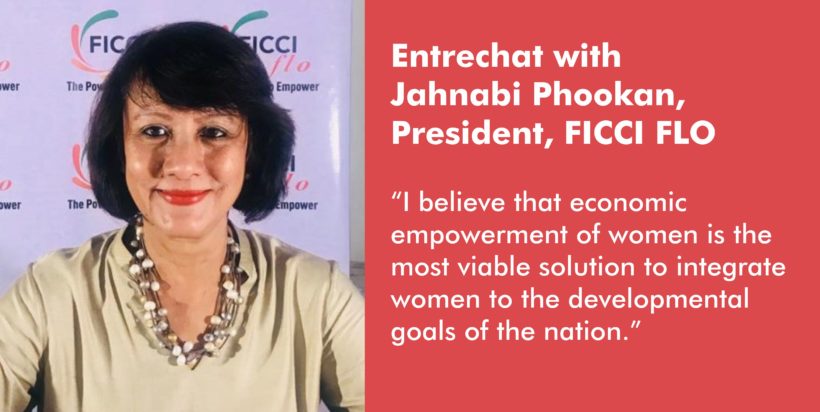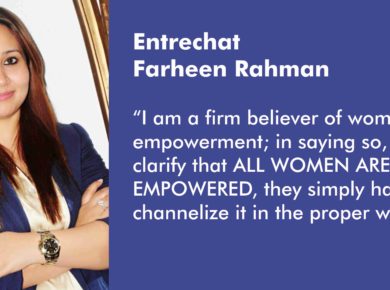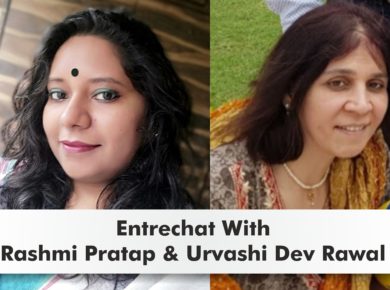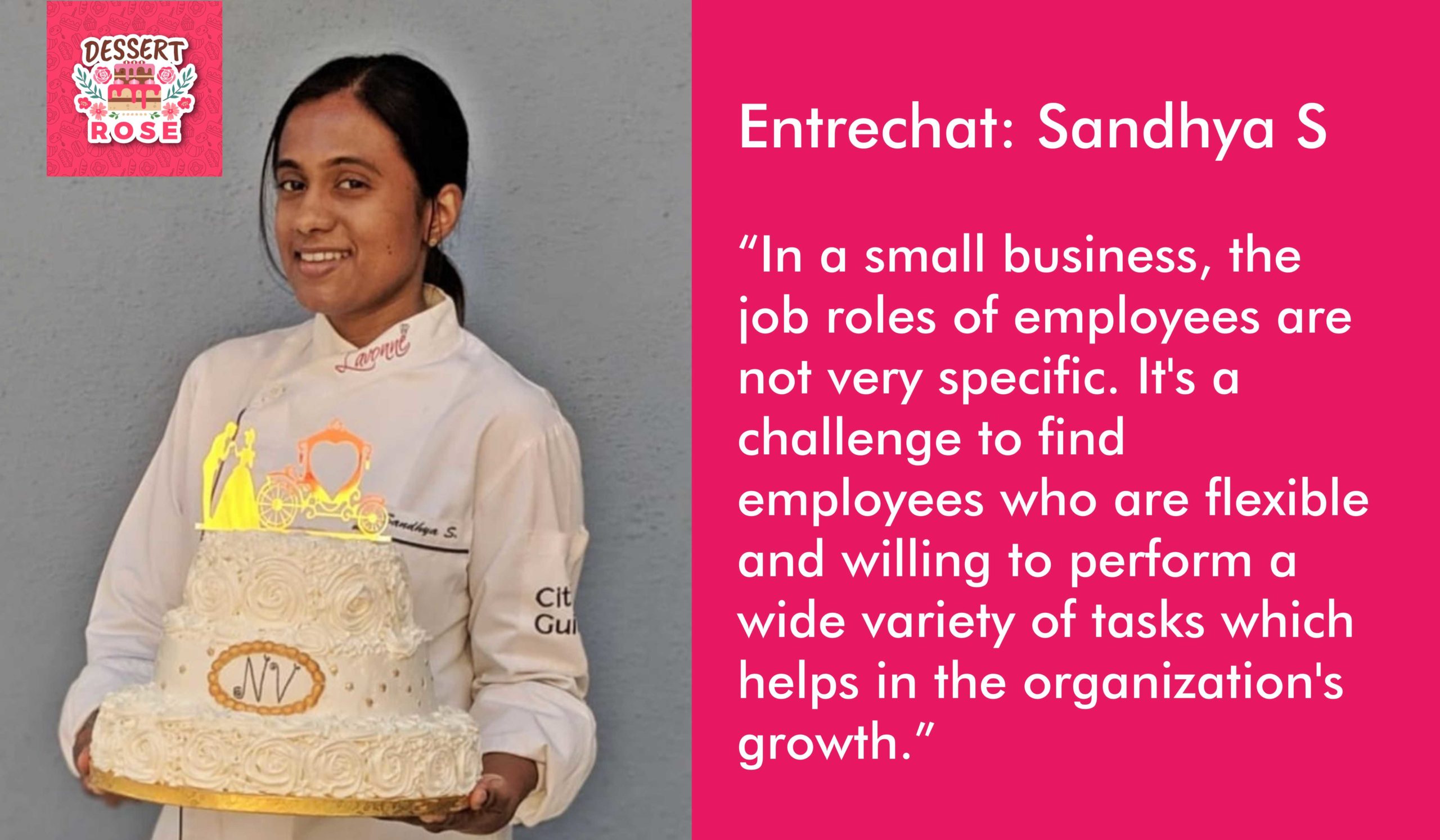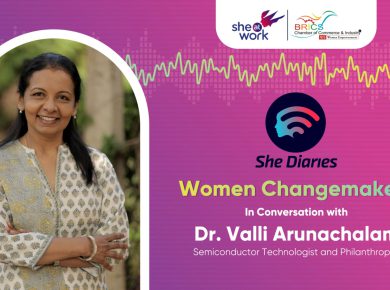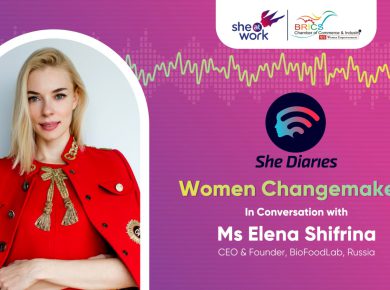“I believe that economic empowerment of women is the most viable solution to integrate women to the developmental goals of the nation.“
There is no tool for development more effective than the empowerment of women and it is time we took bigger strides towards progress by encouraging women to not simply accept but challenge! One of the names synonymous with women empowerment is that of the National President of FICCI Ladies Organisation (FLO), Jahnabi Phookan. As Poonam Sinha, delves deeper into her achievements as a woman entrepreneur and FLO President, the picture of her dedication only becomes more vivid and applause-deserving.
Q1. You’ve been a women entrepreneur of more than one venture for decades now. How did you find your calling?
I think I was born with the inherent thought of empowering women, because I believe women form the backbone of our society. Again, the Northeast has always remained in my heart and it has reflected in my work over the years. So somewhere deep within I knew that I was meant to focus towards establishing new growth avenues for empowering women. However, in order to empower others, one must first attain the power to do so. This and love for Nature allowed the entrepreneur in me to emerge – thus, Jungle Travels India (1989) and Assam Bengal Navigation Company (2003) were born. My companies are encompassed in travel and hospitality and once again aid in providing livelihoods especially to women and their communities. It also gives me great pride in sharing that both the companies have won the prestigious National Tourism Award.
Q2. Congratulations. You have taken over as president of FICCI FLO at a very challenging time. What will be your priorities?
Indeed, these are challenging times, but I see these challenges as opportunities. Undoubtedly the COVID-19 has emerged as one of the worst healthcare crises of the century with no immediate cure in sight and this has only accelerated our work towards the needs of women.
My top priority as the National President, is to provide sustainable livelihoods and economic empowerment to women in rural areas, who are the silent sufferers.
FLO is commissioning a multi-state field study on the impact of COVID-19 on women’s livelihood in key sectors. The study will include their current situation, challenges faced by them and recommendations or solutions from the district level to the union to the government.
Q3. Covid-19 has caused all round disruption, with salary cuts, job losses and so on. What specific initiative should be taken to help women workers and entrepreneurs at this time?
The economic impact of this crisis is huge and has hit sectors in big way; it’s going to have a snowballing effect across the length and breadth of economic activities. We at FICCI FLO are in constant touch with relevant government ministries for the skilling and upskilling of the women migrant workers. For an ‘Atmanirbhar Bharat’, it is important to take the women along as they have a major role in reviving the economy and making India self-reliant. For this, we have created an MSME fund to help women in the micro and small businesses to cope and rescue the economy. We are also partnering with many social enterprises like Women on Wings to focus on identifying and supporting to work primarily with rural women in sectors such as agriculture, food processing, eco-tourism, textiles, handicrafts, waste management and non-timber forest products (NTFP) and related upstream activities and NTFP.
Q4. You have done lot of work in the North East and also instituted an award–Iconic Women of North East. Do you plan to take some of these initiatives pan India?
Yes, certainly it will be FLO’s endeavour to replicate the northeast model pan India. In fact, as mentioned earlier, we are in touch with several states and our chapters are working relentlessly to ensure we give equal opportunities to weavers across nations. We have extended our support to Atmanirbhar Bharat, by launching our support to handloom & make in India.
In NE women are given equal opportunities. Our grassroot initiative in Nagaland, ‘KONYAK’, showcases a curated collection of designs from artisans, across the Northeast. Konyak helps artisans and weavers to garner a regular source of income. The platform effectively combines the textile initiative with a tourism model making it a successful case study that has also been adopted by the state of Meghalaya. In Assam, the signature line, ‘Tribal Heritage’ and ‘Lahe Looms’ launched by me, are small steps to work for the cause of women weavers.
Q5. What would be your advice to women entrepreneurs? How can they better equip themselves for the future?
Entrepreneurship comes with its own set of challenges, more so, for women who multi-task all the time in order to strike a balance in their home and work life. So for anyone to succeed one has to be really passionate about the cause. Another important thing is to keep yourself up-skilled and be in sync with the demands of the time that we live in.
Women entrepreneurs and professionals will have a greater responsibility in crafting the future by constantly involving and evolving themselves in learning newer skills and technology – this will keep them relevant and employable. Women are not only growing professionally and as the caregivers to their family, they will also have to reinforce the importance of health and hygiene at the family level too.
